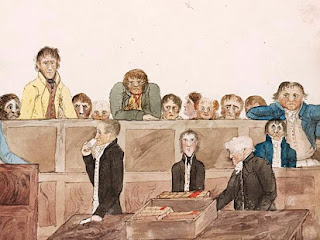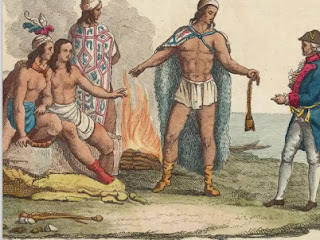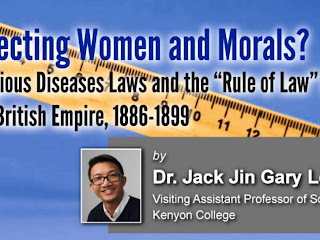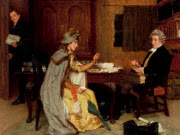Just out from Cambridge University Press:
Networks and Connections in Legal History, edited by
Michael Lobban, London School of Economics and Political Science, and
Ian Williams, University College London:
 Network and Connections in Legal History examines networks of lawyers, legislators and litigators, and how they shaped legal development in Britain and the world. It explores how particular networks of lawyers - from Scotland to East Florida and India - shaped the culture of the forums in which they operated, and how personal connections could be crucial in pressuring the legislature to institute reform - as with twentieth century feminist campaigns. It explores the transmission of legal ideas; what happened to those ideas was not predetermined, but when new connections were made, they could assume a new life. In some cases, new thinkers made intellectual connections not previously conceived, in others it was the new purposes to which ideas and practices were applied which made them adapt. This book shows how networks and connections between people and places have shaped the way that legal ideas and practices are transmitted across time and space.
Network and Connections in Legal History examines networks of lawyers, legislators and litigators, and how they shaped legal development in Britain and the world. It explores how particular networks of lawyers - from Scotland to East Florida and India - shaped the culture of the forums in which they operated, and how personal connections could be crucial in pressuring the legislature to institute reform - as with twentieth century feminist campaigns. It explores the transmission of legal ideas; what happened to those ideas was not predetermined, but when new connections were made, they could assume a new life. In some cases, new thinkers made intellectual connections not previously conceived, in others it was the new purposes to which ideas and practices were applied which made them adapt. This book shows how networks and connections between people and places have shaped the way that legal ideas and practices are transmitted across time and space.
TOC after the jump. [DRE]
1. Introduction Michael Lobban and Ian Williams
2. Networks and Influences: Contextualising Personnel and Procedures in the Court of Chivalry. Anthony Musson
3. Men of law and legal networks in Aberdeen, principally in 1600-1650. Adelyn Wilson
4. Calling Time at the Bar: First women barristers and their networks and connections. Judith Bourne
5. The Thistle, the Rose, and the Palm: Scottish and English Judges in British East Florida. M. C. Mirow
6. 'The Bengal Boiler': Legal Networks in Colonial Calcutta. Raymond Cocks
7. The White Ensign on Land: The Royal Navy and Legal Authority in Early Sierra Leone. Tim Soriano
8. A Broker's Advice: Credit Networks and Mortgage Risk in the Eighteenth-century Empire. Julia Rudolph
9. Trans-Atlantic connections: The many networks and the enduring legacy of J.P. Benjamin. Catharine MacMillan
10.
Interpretatio ex aequo et bono – the emergence of equitable interpretation in European legal scholarship. Lorenzo Maniscalco
11. Shakespeare and the European
Ius Commune. R. H. Helmholz
12. Law Reporting and Law Making: the Missing Link in Nineteenth-century Tax Law. Chantal Stebbings
13. John Taylor Coleridge and English Criminal Law. Philip Handler








